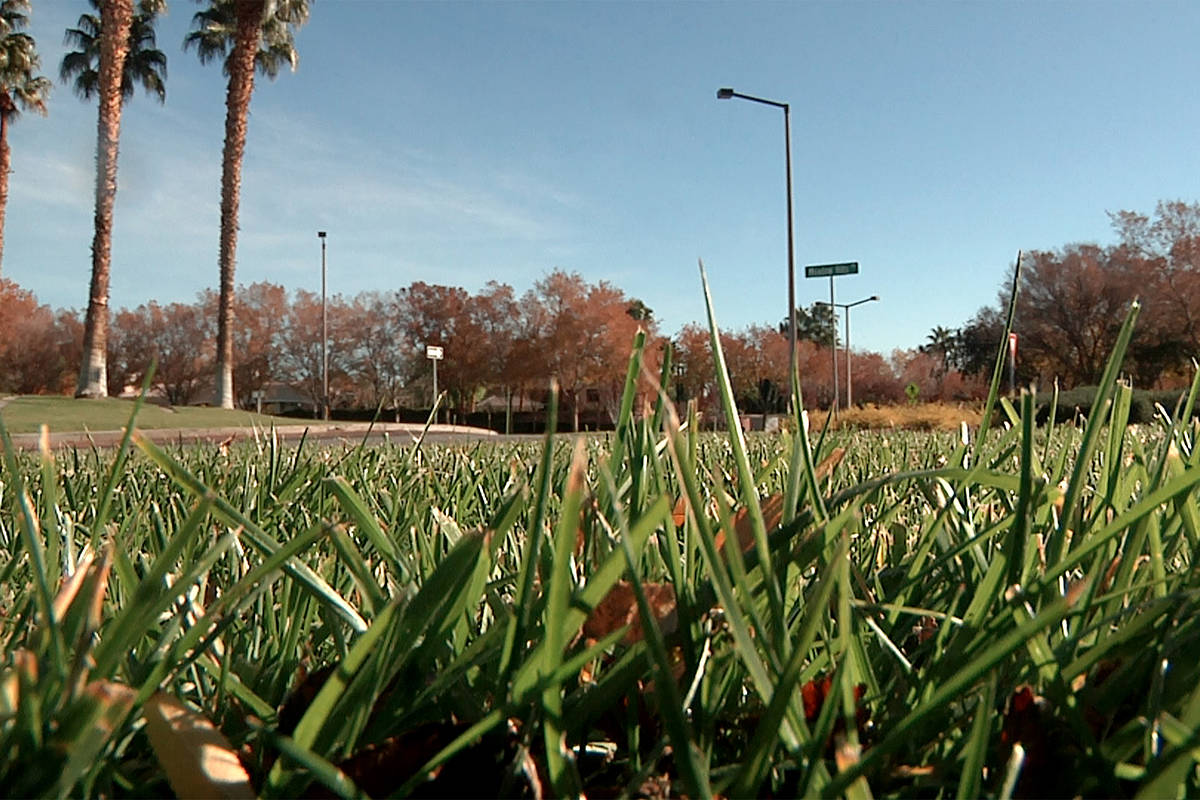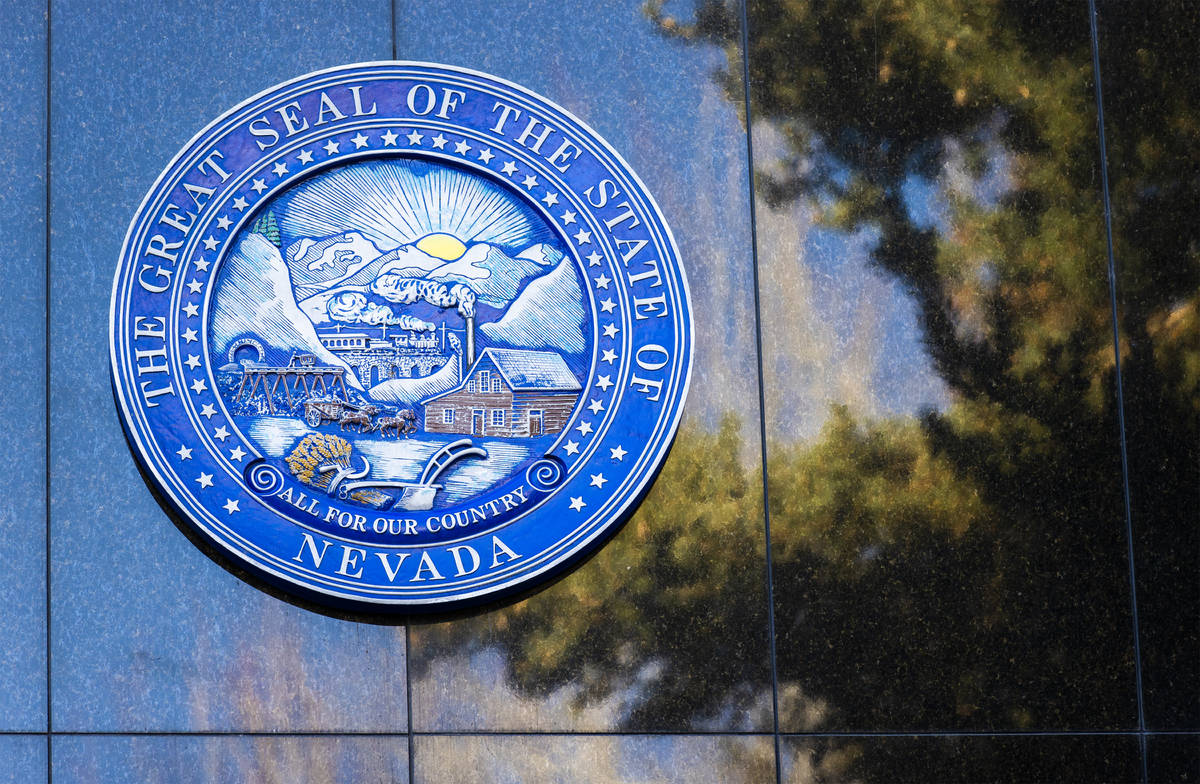Assembly approves Southern Nevada turf removal proposal
CARSON CITY — The Nevada Assembly voted Thursday to approve a non-residential turf removal proposal brought by Southern Nevada water regulators, who say it will save the water-shy Las Vegas Valley 12 billion gallons of water per year.
With little debate from lawmakers, the Assembly voted 30-12 on Assembly Bill 356, sending the proposal to the Senate. Four Republicans — Glen Leavitt, R-Boulder City, Heidi Kasama, R-Las Vegas, Melissa Hardy, R-Henderson, and Jill Tolles, R-Reno — crossed party lines to vote with the 26 Democrats.
Assemblywoman Alexis Hansen, R-Sparks, the only lawmaker who spoke before the vote, said she supported the purpose of the bill, but did not think it should be up to the state Legislature to pass a law mandating the removal in a specific part of the state.
“I think it’s more of a local issue,” Hansen said.
Under the bill, no water from the Colorado River could be used to irrigate ornamental grass on non-residential properties starting in 2027.
That would apply to the grass between roads and sidewalks, in medians and traffic circles and the decorative grass outside of businesses, housing developments and the like. It would not affect the grass in residential yards, parks or areas generally used for recreation. The bill also calls for a study before the 2023 Legislature to examine water conservation solutions throughout the state.
The push to cut back on turf watering comes as Southern Nevada is staring down its first federally declared water shortage amid a two-decades long drought.
The latest study from the Bureau of Reclamation projects that the water level at Lake Mead — the source of about 90 percent of Southern Nevada’s water — will drop to a point that would trigger the shortage declaration later this year.
The shortage would reduce Southern Nevada’s allocation of Colorado River water by 13,000 acre feet. The proposed turf-removal bill, the water authority claims, would save about 36,000 acre feet per year — saving more than 10 percent of the area’s Colorado River allocation.
Leavitt, one of the four Republicans who voted for the bill and whose district includes Lake Mead, said after the vote that the bill is good policy given the lake’s levels, and could encourage homeowners to move away from grass lawns on their own.
“We’re talking about non-functional turf, talking about stuff that’s not necessary for public enjoyment,” Leavitt said.
For more than two decades the water authority has encouraged residents and business owners to tear out thirsty grass, with the current incentive program offering $3 for every square foot of turf converted to desert landscaping.
The water authority said this month that residential properties have removed about 60 percent of their target since then, but commercial properties had only hit about 20 percent of their goal.
And although the bill does not apply to residential areas, Leavitt said it is a “good way to start small, and get people acclimated to ‘Hey, let’s find different ways to landscape.’”
Contact Capital Bureau Chief Colton Lochhead at clochhead@reviewjournal.com. Follow @ColtonLochhead on Twitter.




















